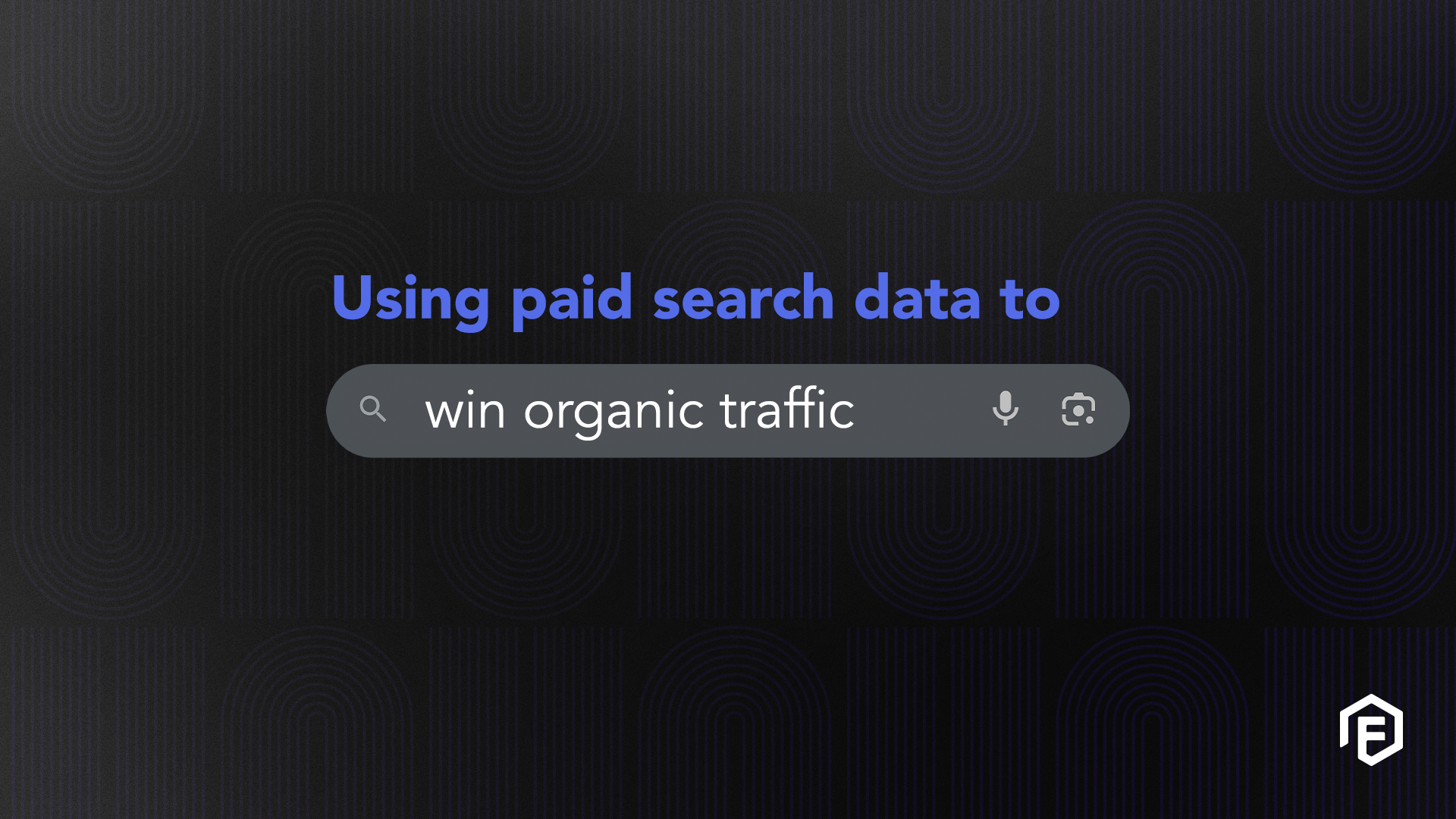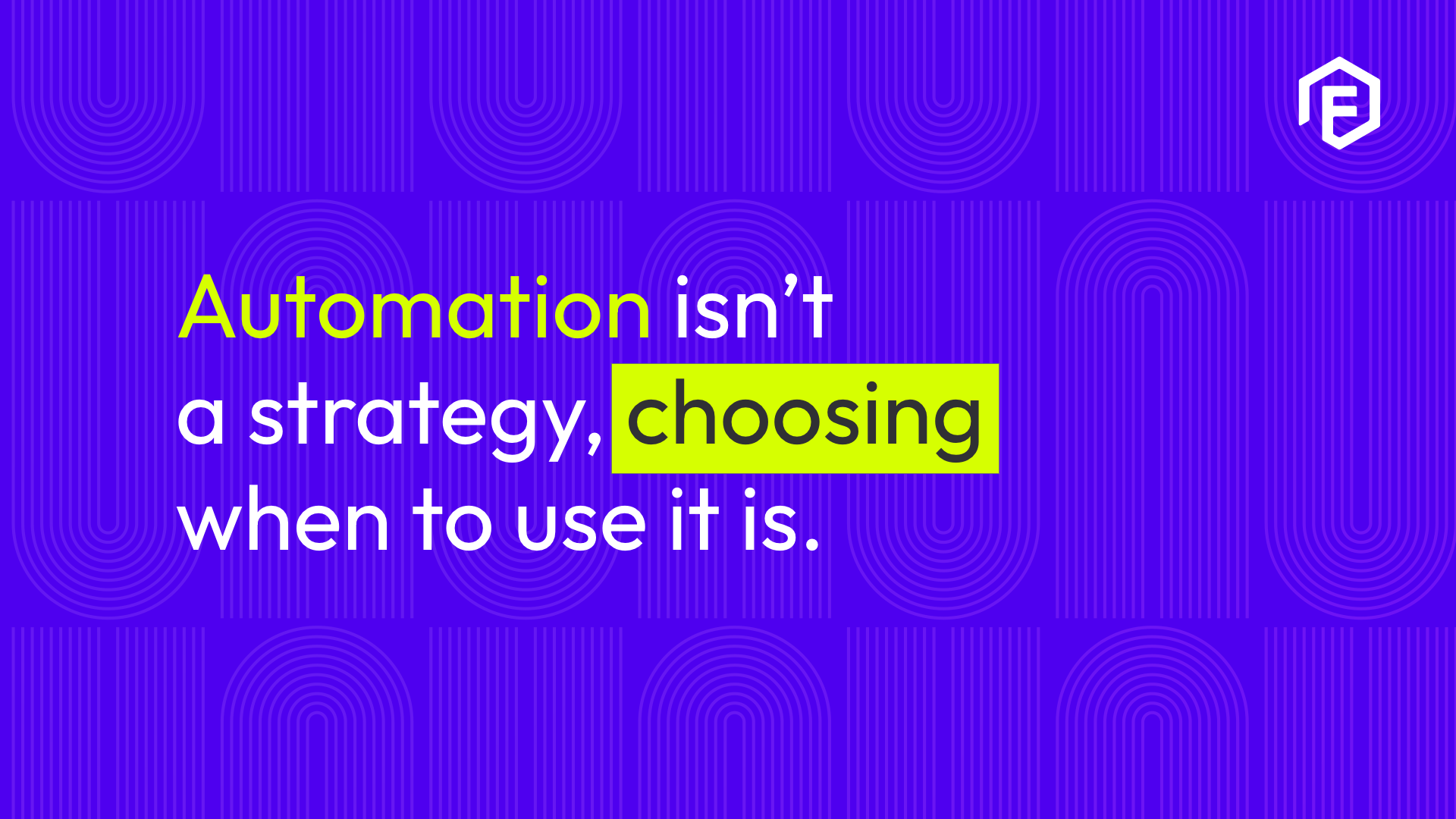Social media is a lively digital jungle where entertainment, connection, and communication collide. It’s a whirlwind of double-tapping, thumb-scrolling, hashtagging, and LOL-ing.
In this dynamic space, people connect, share, and engage with content that resonates with them. Businesses and brands are increasingly integrating into this realm, meeting users where they hang out online. This might seem organic, but strategic planning drives these interactions behind the scenes.
“As a social media manager, making an impact means creating meaningful connections between brands and their audiences. This involves not only increasing engagement and follower counts but also fostering genuine interactions that translate into customer loyalty and business growth. Our social media efforts must contribute to the overall objectives of our clients, whether it’s increasing brand awareness, driving traffic to their websites, or generating leads. Making an impact also means staying ahead of trends, continually adapting strategies, and using data-driven insights to optimise our approach, ensuring our clients always stay relevant and competitive in the ever-evolving digital landscape.”–Sherilynn Douglas, Social Media Team Lead
By understanding how social media is used and setting clear, strategic goals, businesses can effectively tap into this vibrant ecosystem to drive growth. Let’s explore how to harness the power of social media to propel your business forward.
Why Should Social Media Goals Be SMART?
Social media goals are specific, measurable objectives that guide a business’s efforts on social platforms. They help steer the direction of social media activities, ensuring every post, comment, and interaction aligns with broader business objectives.
Using the SMART framework to set social media goals is fundamental. SMART stands for specific, measurable, achievable, relevant, and time-bound. Here’s why each aspect is important:
- Specific: Clear and precise goals help you focus on what you want to achieve. For example, instead of saying “increase followers,” specify “increase Instagram followers by 15%”. Specific goals eliminate ambiguity and provide a clear direction.
- Measurable: Ensure that you can track your progress and quantify your success. Using metrics like percentage growth, engagement rates, or click-through rates allows you to measure your achievements. Measurable goals help you determine if you are on the right track and if adjustments are needed.
- Achievable: Set realistic goals that you can accomplish with the resources available. Ambitious yet attainable goals keep your team motivated and focused. Achievable goals ensure that you do not set yourself up for failure and they also help maintain team morale.
- Relevant: Your goals should align with your broader business objectives. For instance, if your main aim is to boost sales, your social media goals should support this, such as increasing website traffic or lead generation. Relevant goals ensure that your efforts contribute to your business’s success.
- Time-bound: Setting deadlines creates a sense of urgency and helps in planning and executing your strategies effectively. For example, “increase Instagram followers by 15% over the next three months”. Time-bound goals help you prioritise tasks and maintain momentum.
An example of a SMART goal in social media could be: “Increase Instagram followers by 15% over the next three months by posting daily, engaging with followers, and running a targeted ad campaign”. This goal is:
- Specific: Increase Instagram followers
- Measurable: By 15%
- Achievable: With dedicated efforts, like posting daily and running ad campaigns
- Relevant: It will support brand growth
- Time-bound: The next three months
By breaking down your goals in this manner, you ensure that each objective is clear and actionable, making it easier to track progress and adjust strategies as needed to achieve the desired outcomes.
Best Practices for Setting Social Media Goals
To drive growth through social media goals, businesses should start by understanding their audience deeply. Here are some best practices:
- Know your audience: Deeply understand your audience’s preferences, behaviours, and needs. This helps in creating content that truly resonates.
- Define your goals using the SMART framework: Ensure your goals are specific, measurable, achievable, relevant, and time-bound to provide clear direction for measurable outcomes.
- Align with broader business objectives: Make sure your social media goals support your overall business goals. This alignment ensures that your social media efforts contribute to the larger success of your business.
- Track progress with reliable tools: Use analytics tools to continuously monitor your performance. Tracking progress helps you understand what works and what doesn’t.
- Be ready to adapt: Based on performance data and feedback, be prepared to adjust your strategies. Flexibility is key in the fast-paced world of social media.
- Create engaging content: Develop content that encourages interaction and engagement. Engaging content fosters a strong connection with your audience.
- Consistency and authenticity: Consistently post high-quality content and engage authentically with your audience. Building a strong, loyal community takes time, but the results are well worth the effort.
Measuring Engagement and Meaningful Interactions.
When analysing the success of your content, engagement rate provides a more accurate picture than just impressions or likes. Brad Edwards, Social Media Team Lead, emphasises the importance of looking beyond large impression numbers:
“Likes can be bought, but meaningful comments that actually relate to the key message in your content hit home. Shares have exponential reach, and consumer behaviour is more likely to change based on external voices outside of the brand. When you’re meaningfully connecting to your consumer, you’re likely to be working towards your business goals.”
Amanda Klaas, Social Media Manager, adds that a good conversation in the comment section can be a measure of success:
“It means the content and messaging were impactful and engaging enough to make people want to pay attention and contribute to the overall conversation. This creates a sense of community. Communities often share, not just amongst themselves, but with others. The more people engage, the more likely the algorithm is to push the content – increasing the brand’s reach and visibility.”
Conclusion
Setting social media goals that drive business growth is a must in any successful marketing strategy. By using the SMART framework (making specific, measurable, achievable, relevant, and time-bound goals), you can create a clear path through the social media jungle towards real outcomes. Understand your audience, align your social media goals with your business’s overall objectives, and leverage analytics to track your progress.
Remember, through engaging content that’s posted consistently, you can develop meaningful interactions and build a loyal community. Be prepared to adapt your strategies based on performance data and feedback.
By embedding these insights into your strategy, you’ll ensure that your social media goals are not only well-defined but also impactful, driving real results for your business.
Flume is an independent, full-service digital marketing agency providing services that include SEO, web design and development, public relations, media buying, client service, UX/UI, and creative production. For more information visit www.flume.co.za or email us to say, well, “hello”.
-
Frequently Asked Questions
-
1. Why is it important to set specific social media goals?
- Setting specific social media goals helps focus efforts on clear objectives, such as increasing Instagram followers by a specific percentage. This clarity eliminates ambiguity and directs activities toward desired outcomes.
-
2.What does the SMART framework stand for in the context of social media goals?
- The SMART framework stands for Specific, Measurable, Achievable, Relevant, and Time-bound. This framework ensures that social media goals are clear, trackable, realistic, aligned with business objectives, and set within a specific timeframe.
-
3. How can businesses measure the success of their social media content?
- Success can be measured through engagement metrics like comments, shares, and meaningful interactions, rather than just impressions or likes. These metrics indicate that the content resonates with the audience and encourages them to engage.
-
4. Why is it important to align social media goals with broader business objectives?
- Aligning social media goals with broader business objectives ensures that the efforts contribute directly to the overall success of the business. This alignment helps in prioritizing activities that support key business outcomes like brand awareness, lead generation, or sales.
-
5. How should businesses approach content creation for social media?
- Businesses should create engaging and authentic content that resonates with their audience's preferences and needs. Consistency in posting high-quality content and genuine engagement with the audience are crucial for building a loyal community and achieving long-term success on social media.



